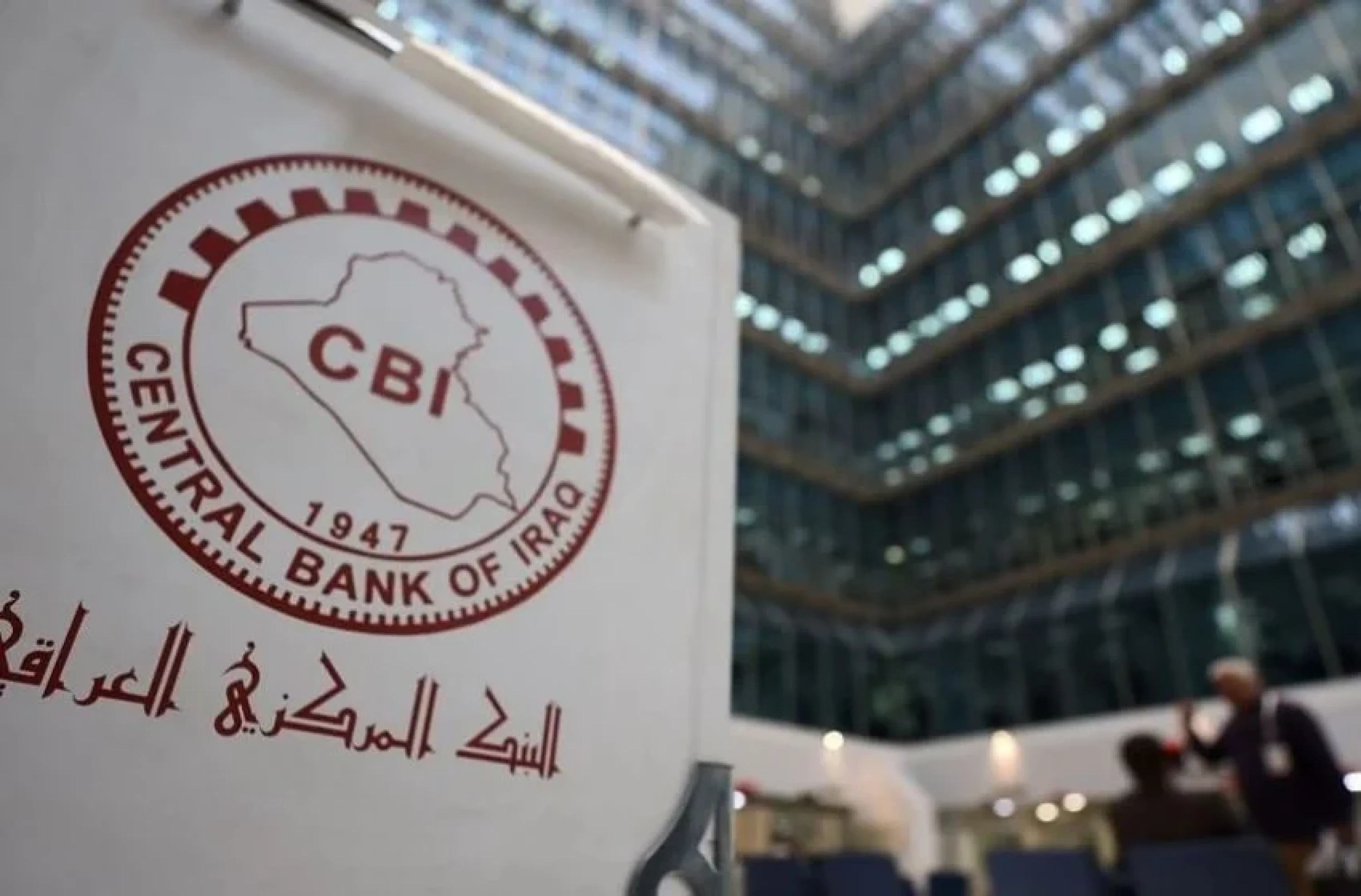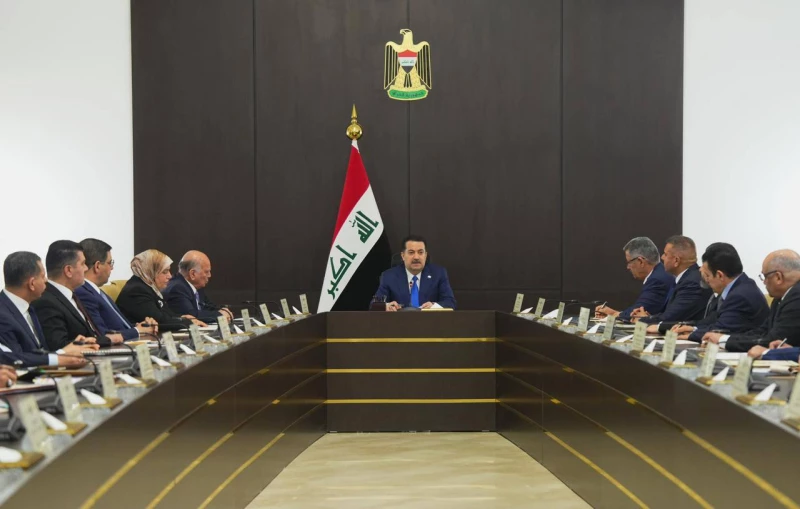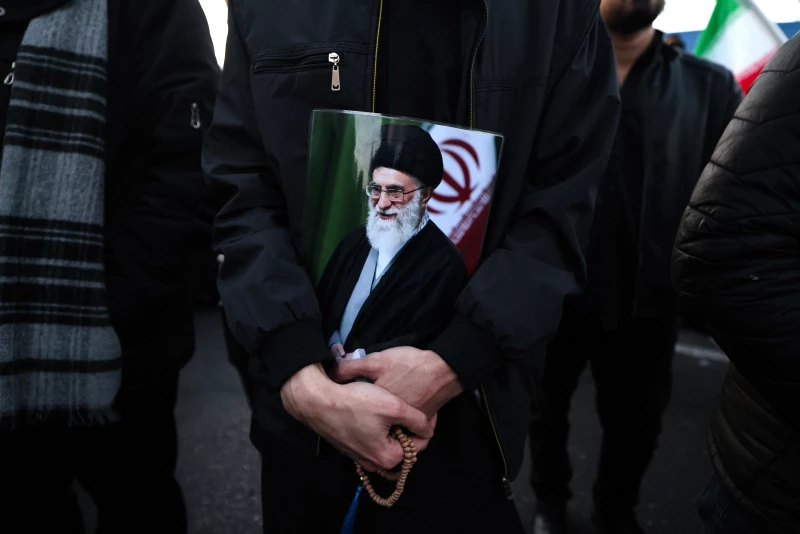ERBIL, Kurdistan Region of Iraq – The Central Bank of Iraq (CBI) on Wednesday warned of social media influencers being used in money laundering and terror-financing schemes, calling on banks to monitor suspicious financial activity, including fundraising under fictitious charities.
A CBI document revealed that “social media celebrities and influencers” are involved in “new risks and threats to the financial sector, particularly in the field of money laundering, terrorism financing, and illegal financing, phantom contracts, and unjustified transfers.”
The bank mapped out several indicators to recognize signs of terrorism financing, including using social media platforms “to collect money under the pretext of charitable work, without the existence of a registered charity or an approved official bank account,” and transferring the funds to “unknown individuals” domestically and abroad.
Additional indicators involve concealing the beneficiary’s identity through fake or proxy accounts to mask who receives the funds, and suspicious patterns in the fund transfers through techniques like smurfing “to suspicious parties, or areas experiencing conflicts.”
Meanwhile, money laundering techniques outlined by the bank include rapid, unexplained follower growth, funds received from parties “without a clear commercial reason,” paid promotions for “suspicious parties,” purchase of luxury assets that do not match income, and financial deals with entities “subject to international sanctions.”
CBI further provided banks with procedures to follow when dealing with social media influencers, directing them to classify the group among “high-risk customers,” verifying their income sources, checking for third-party or intermediary accounts used to pass funds, and reporting suspicious activity.
In October, CBI issued a new set of measures to tackle the prevalence of foreign currency smuggling and money laundering, which were set to take effect starting in November and included forcing businesspeople to submit detailed receipts of purchases made abroad before the transfer of money outside of Iraq.
The measures come after the US Department of the Treasury announced the imposition of sanctions on three Iraqi bank executives in October, accusing them of laundering money for Iran's Islamic Revolutionary Guard Corps (IRGC) and Iran-backed armed groups in Iraq.



 Facebook
Facebook
 LinkedIn
LinkedIn
 Telegram
Telegram
 X
X


